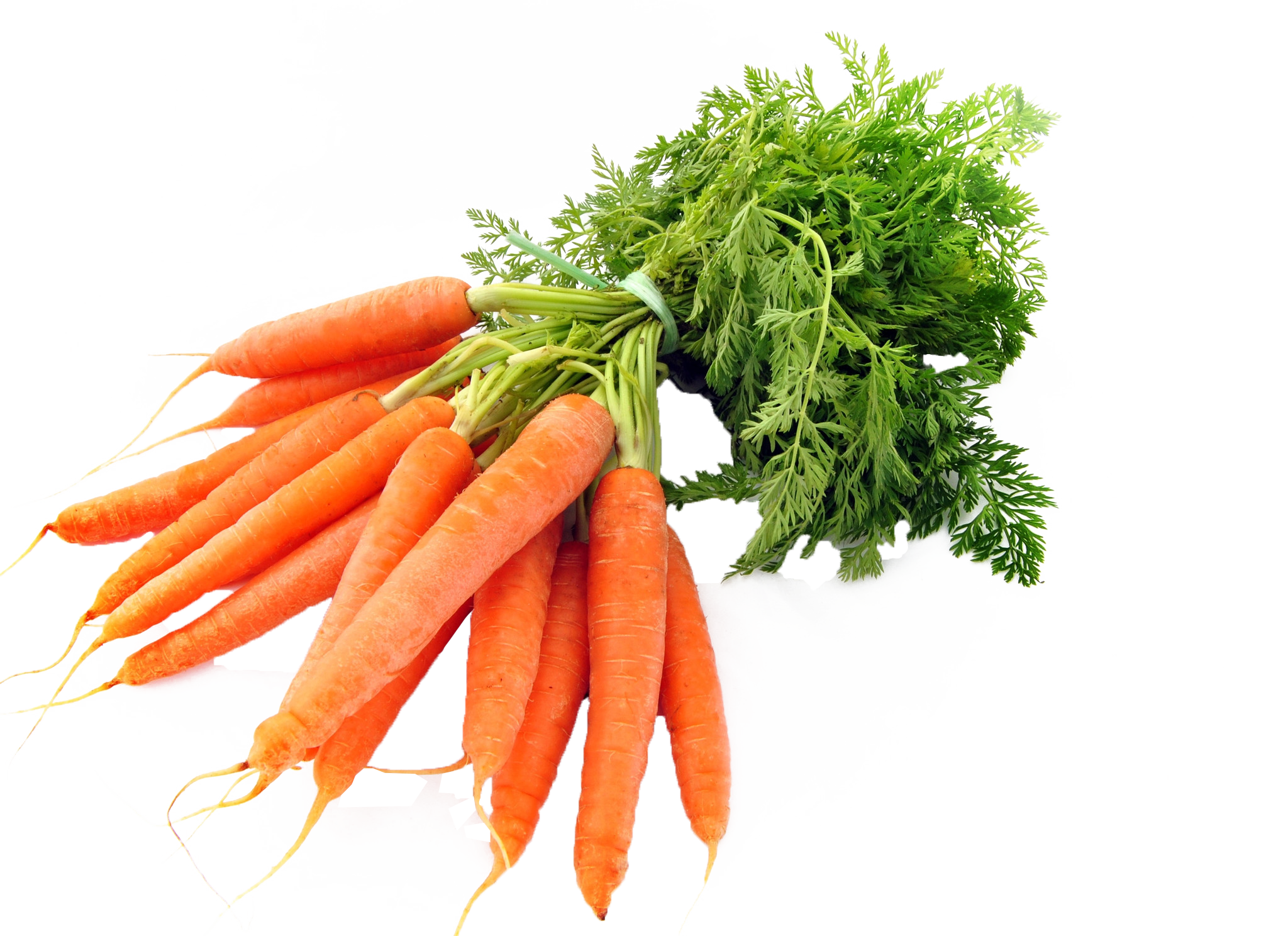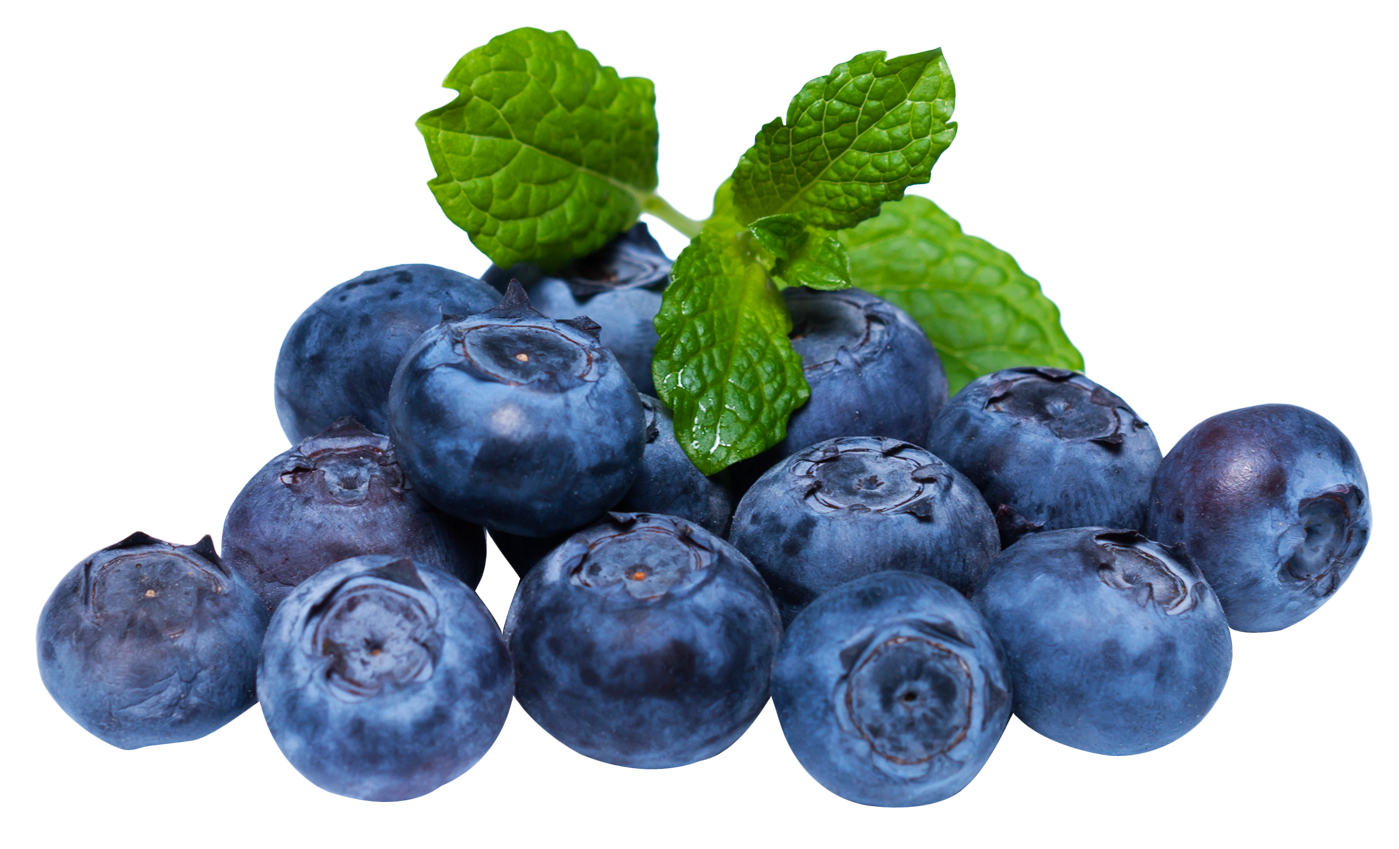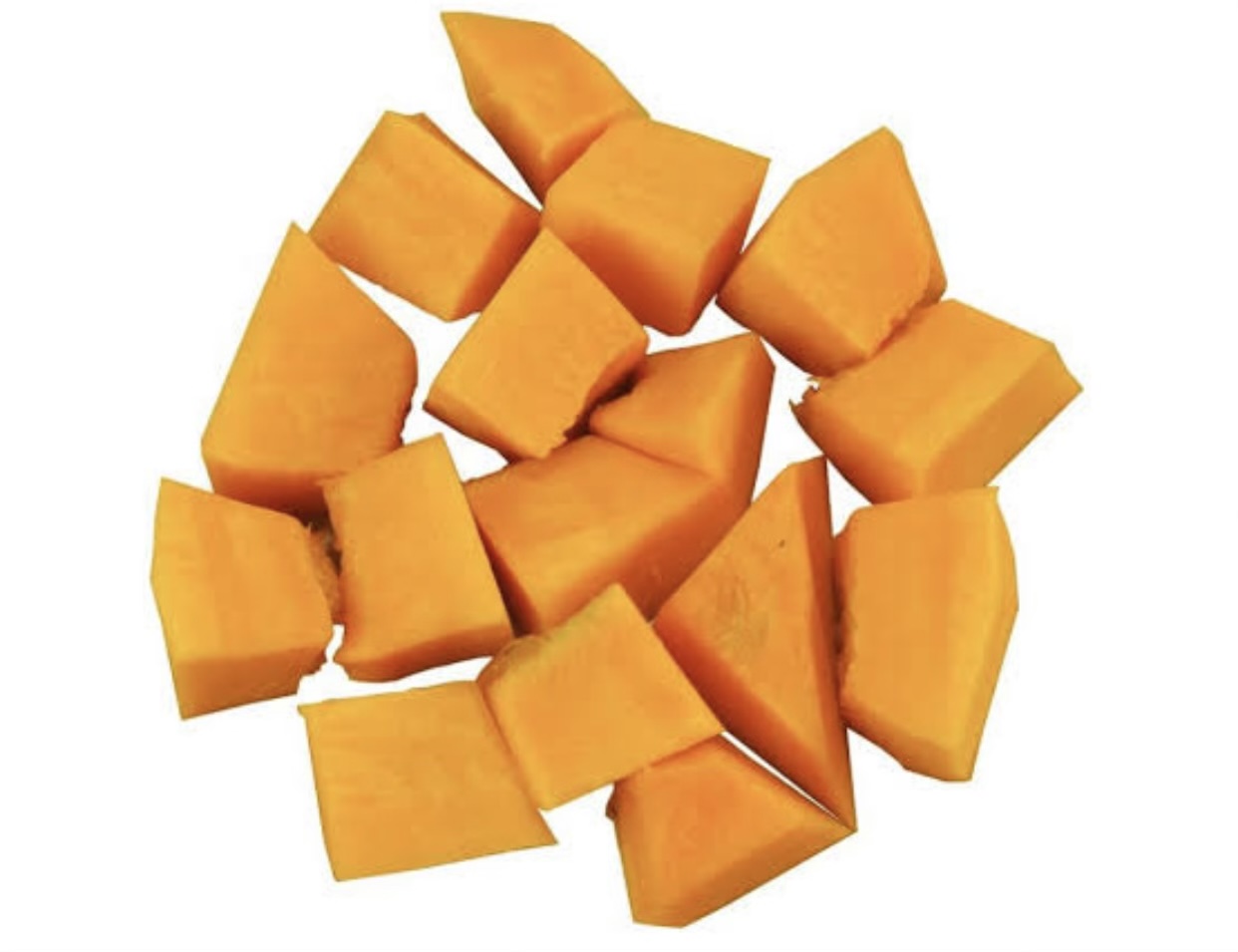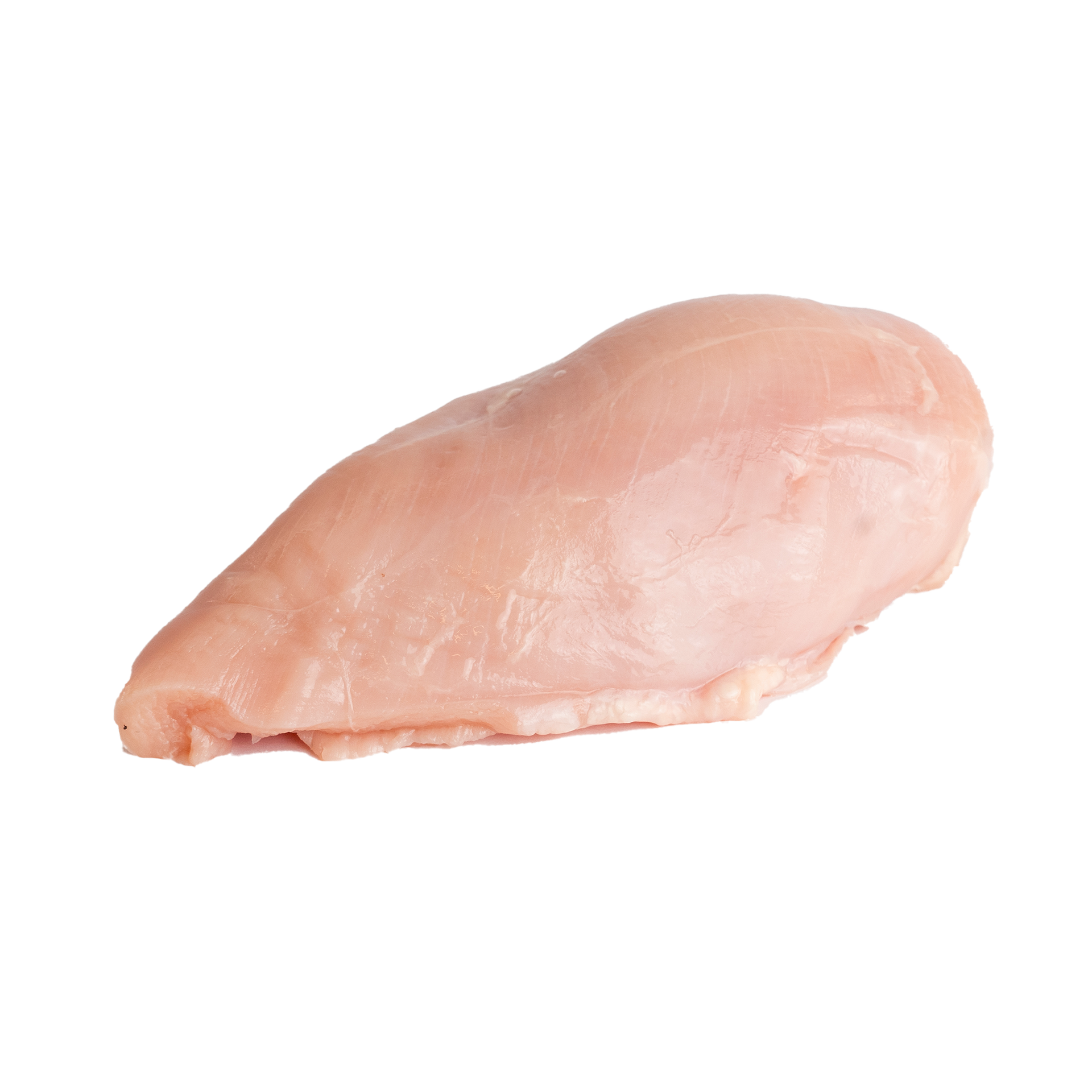5 Healthy Human Foods That Are Also Great for Dogs
As pet parents, we all want to give our dogs the very best — including the food we feed them. While commercial dog food is carefully formulated to meet their basic nutritional needs, there are a few everyday human foods that can be a great addition to your dog’s diet in moderation. These natural snacks not only offer a tasty change of pace but also come with real health benefits.
Here are five healthy, dog-safe foods that humans enjoy too — and the benefits they can bring to your furry friend.
1. Carrots – Crunchy and Great for Dental Health
Carrots are a low-calorie, nutrient-rich snack that most dogs love. They're high in beta-carotene, which converts to vitamin A — essential for good vision, immune support, and skin health.
But one of the best benefits? Carrots help clean your dog’s teeth naturally. The crunchy texture can gently scrape away plaque buildup, making carrots a double win for both oral hygiene and overall nutrition.
How to serve: Raw, chopped into bite-sized pieces, or lightly steamed for softer texture.
2. Blueberries – Antioxidant Powerhouses
Tiny but mighty, blueberries are packed with antioxidants, particularly vitamin C and phytochemicals. These compounds help fight oxidative stress, which supports heart and brain health in dogs — just like in humans.
They’re also a low-sugar fruit option, making them a smart treat for older dogs or those with sensitive stomachs. Plus, they’re easy to freeze and use as refreshing summertime snacks.
How to serve: Fresh or frozen; offer a few at a time as a training treat or food topper.
3. Pumpkin – The Digestive Helper
Plain, cooked pumpkin (not pie filling!) is rich in soluble fiber, which supports healthy digestion. Whether your dog is dealing with constipation or diarrhea, pumpkin helps regulate their gut thanks to its unique fiber content.
It’s also full of vitamins A, E, and C, and is gentle enough for sensitive stomachs. Many vets recommend pumpkin as a natural remedy for mild digestive issues.
How to serve: A spoonful of canned pumpkin mixed into food; always use 100% pure pumpkin, not spiced or sweetened varieties.
4. Chicken – Lean Protein for Energy
Plain, cooked chicken (with no seasoning, skin, or bones) is an excellent source of lean protein for dogs. Protein is crucial for muscle development, repair, and sustained energy.
It’s often used in bland diets for dogs recovering from digestive upset, thanks to its easy digestibility. Just make sure it’s fully cooked and free from garlic, onions, or added fats.
How to serve: Boiled or grilled, chopped or shredded; can be added to kibble or given as a high-value treat.
5. Apples – A Sweet, Crunchy Boost
Apples are a great source of vitamins A and C, and their fibrous texture can help with digestive health and teeth cleaning. They’re also a satisfying low-fat snack.
Just be sure to remove the seeds and core, as apple seeds contain trace amounts of cyanide, which can be toxic over time.
How to serve: Sliced into small pieces, seedless and core-free; great raw or even dehydrated as a chew.
Final Tips
While these foods are generally safe, it’s important to:
-
Introduce new foods slowly, especially if your dog has allergies or sensitivities.
-
Avoid seasoning, sauces, and additives, which can be harmful.
-
Stick to moderation — these are treats, not replacements for a balanced diet.
As always, consult your vet before making significant changes to your dog’s nutrition.
